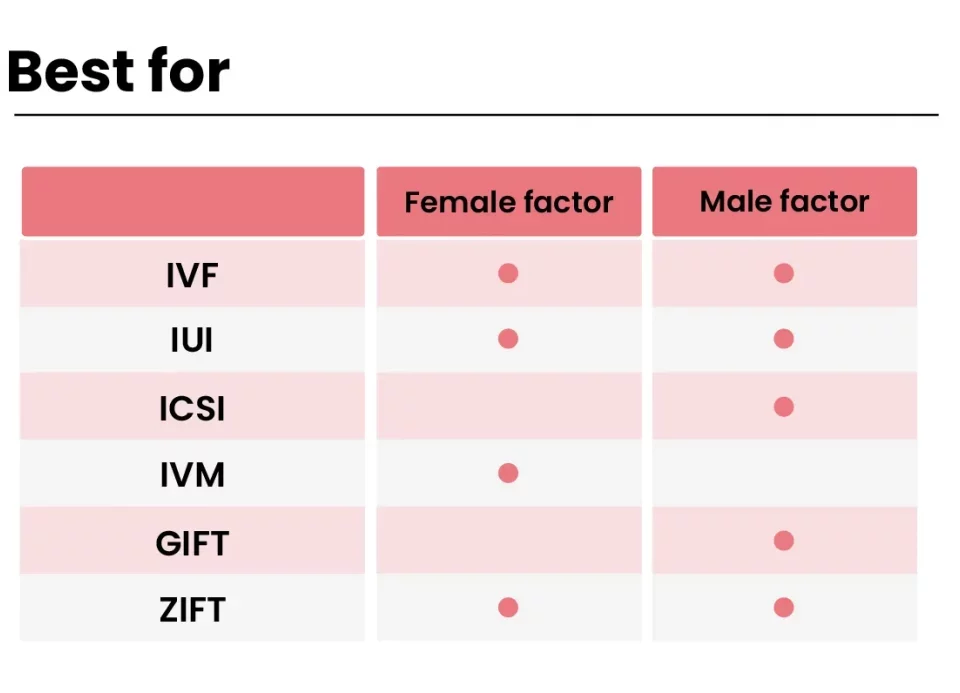
Which Kaiser Plan Covers IVF? Your Guide to Fertility Coverage
April 16, 2025
Will Trump Make IVF Free? Exploring the Promise, the Challenges, and What It Means for You
April 17, 2025When to Stop Estrogen After IVF: Your Guide to Timing, Safety, and Peace of Mind
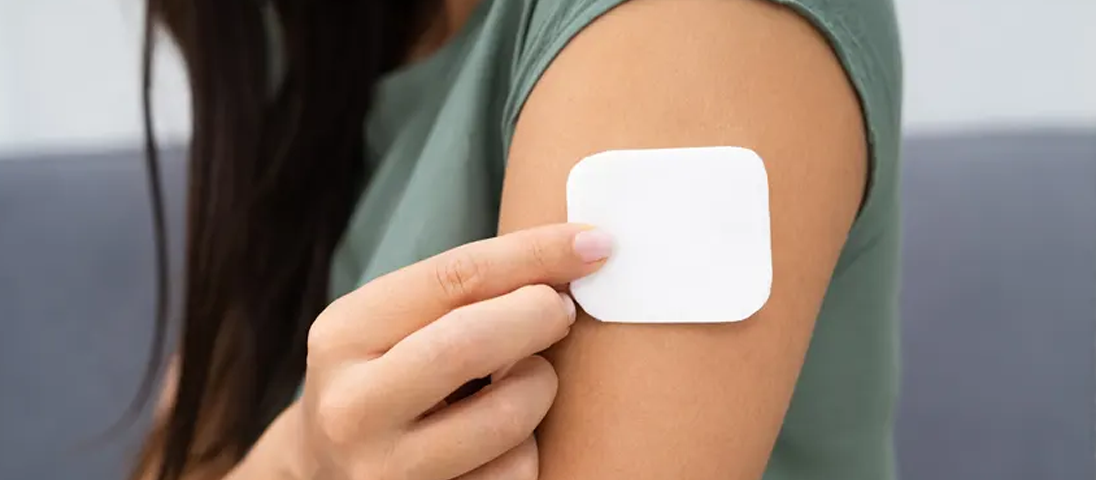
When to Stop Estrogen After IVF: Your Guide to Timing, Safety, and Peace of Mind
Starting an in vitro fertilization (IVF) journey is a big step. It’s exciting, nerve-wracking, and filled with questions—especially when it comes to medications like estrogen. If you’re reading this, you’ve probably wondered: When is it safe to stop taking estrogen after IVF? You’re not alone. This is one of the most common concerns for people navigating the rollercoaster of fertility treatments. Timing matters, and getting it right can feel like a puzzle. But don’t worry—I’ve got you covered with a deep dive into everything you need to know, from the science to practical tips, plus some fresh insights you won’t find everywhere else.
Estrogen plays a starring role in IVF, helping your body prepare for pregnancy. But once you’ve got that positive test—or if things don’t go as planned—figuring out when to stop can feel confusing. Let’s break it down together, step by step, so you can feel confident and in control.
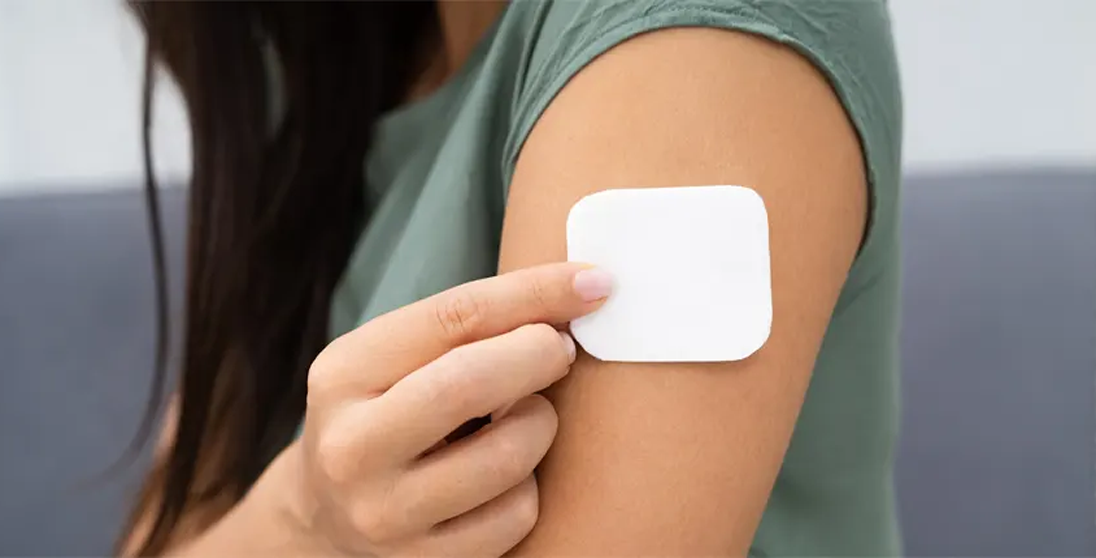
Why Estrogen Matters in IVF
Estrogen isn’t just another pill you pop during IVF—it’s a key player. Think of it as the architect building the perfect home for your embryo. During a natural cycle, your ovaries produce estrogen to thicken the uterine lining (endometrium), creating a cozy spot for a fertilized egg to settle in. In IVF, especially with frozen embryo transfers (FET), doctors often give you extra estrogen to mimic this process and boost your chances of success.
Here’s what it does:
- Thickens the uterine lining: A lining that’s at least 7-8 mm is ideal for implantation.
- Supports early pregnancy: Estrogen keeps the endometrium stable while the embryo gets comfy.
- Works with progesterone: Together, they’re like a dynamic duo, keeping everything in balance.
But here’s the catch: IVF isn’t a one-size-fits-all deal. Some cycles use fresh embryos, others use frozen ones, and some folks have unique health needs. That’s why the question of when to stop doesn’t have a simple answer—it depends on your situation.
The Big Question: When Should You Stop Estrogen?
So, you’ve done the embryo transfer, and now you’re waiting. Maybe you’re pregnant (yay!), or maybe you’re still holding your breath. Either way, you’re probably wondering how long you need to keep taking those estrogen pills, patches, or injections. Let’s look at the most common scenarios and what the latest research says.
If You’re Pregnant: The 8-10 Week Mark
Good news first: if your pregnancy test is positive, you’re likely in for a few more weeks of estrogen. Most fertility doctors recommend continuing it until around 8 to 10 weeks of pregnancy. Why? This is when the placenta starts taking over hormone production—a process called the luteal-placental shift. Until then, your body relies on the meds to keep things stable.
- What science says: Studies show the placenta begins producing enough estrogen and progesterone by weeks 8-9. A 2018 study in PLoS One found that stopping progesterone early in poor responders didn’t hurt outcomes, suggesting the placenta kicks in sooner than we might think. Estrogen likely follows a similar timeline.
- Real-world tip: Doctors often check your hormone levels (via blood tests) around 6-8 weeks to confirm the placenta’s ready. If your levels look good, they might taper you off gradually instead of stopping cold turkey.
If IVF Doesn’t Work: Stopping Right Away
If the pregnancy test comes back negative, it’s a tough moment. You’ll usually stop estrogen (and progesterone) immediately—often within a day or two. Your doctor will confirm this, but the idea is to let your body reset for the next cycle or a break.
- Why so fast?: Without a pregnancy, there’s no need to maintain the uterine lining. Continuing estrogen could delay your natural cycle, making it harder to move forward.
- Heads-up: You might notice some spotting or a period starting a few days after stopping. That’s normal—your body’s just clearing the slate.
Special Cases: When Timing Gets Tricky
Not every IVF journey fits the mold. Here are a few situations where stopping estrogen might look different:
- Low natural hormone levels: If your body doesn’t produce much estrogen on its own (say, due to ovarian issues), your doctor might keep you on it longer—sometimes up to 12 weeks.
- History of miscarriage: Some clinics suggest extending estrogen if you’ve had losses before, though evidence is mixed on whether this helps.
- Frozen vs. fresh transfers: FET cycles often rely more heavily on supplemental estrogen, so doctors might tweak the timeline based on your protocol.
What Happens When You Stop Estrogen?
Stopping estrogen can feel like a leap of faith. Will your body pick up the slack? Will it affect the pregnancy? Let’s unpack what’s going on inside you when you ditch the pills.
The Luteal-Placental Shift: Nature Takes Over
Around 8-10 weeks, the placenta steps up as the hormone factory. It starts pumping out estrogen and progesterone in huge amounts—way more than your ovaries ever did. This shift is why you don’t need supplements forever.
- Fun fact: By 12 weeks, your placenta could be producing 300-400 mg of progesterone a day—compared to the 25-50 mg you might take during IVF!
- What you might feel: Some people notice mild cramping or spotting when they stop. That’s usually just your body adjusting, not a red flag.
Side Effects: What to Expect
Estrogen supplements come with their own quirks—think bloating, tender breasts, or mood swings. When you stop, those might fade, but new feelings can pop up:
- ✔️ Relief: No more daily meds? That’s a win!
- ❌ Mood dips: Estrogen affects serotonin, so you might feel a little off for a few days.
- ✔️ Lighter load: Physically, you might feel less “puffy” as water retention eases.
Quick Tip: Keep a journal for a week after stopping. Jot down how you feel—it’ll help you spot what’s normal for you and when to call your doctor.
Fresh Insights: 3 Things Other Articles Miss
Most blogs cover the basics—stop at 8-10 weeks if pregnant, stop right away if not. But there’s more to the story. Here are three angles that don’t get enough airtime, backed by science and real-world experience.
1. Tapering vs. Cold Turkey: Is There a Better Way?
A lot of articles assume you just stop estrogen overnight. But some doctors swear by tapering—cutting your dose gradually over a week or two. Why? It might ease the transition for your body, especially if you’re sensitive to hormone shifts.
- Research nugget: A small 2021 study from Medivizor compared stopping estrogen at 6 weeks vs. 12 weeks in FET cycles. The 6-week group had fewer miscarriages and complications, hinting that earlier, gentler tapering could work better for some.
- Try this: Ask your doctor about halving your dose for a few days before stopping fully. It’s not standard, but it’s worth a chat.
2. Estrogen’s Hidden Role in Mood and Energy
Sure, estrogen builds your uterine lining—but it also messes with your brain chemistry. Stopping it can leave you feeling foggy or blue, and most articles skip this. During IVF, your estrogen levels might hit 2,000-4,000 pg/mL—way higher than the 20-400 pg/mL in a natural cycle. Dropping back to normal can be a shock.
- Science bit: Estrogen boosts serotonin and dopamine, feel-good chemicals. A sudden drop might explain why some feel “blah” after stopping.
- Fix it: Load up on mood-lifters like exercise (a 20-minute walk works wonders), sunlight, or even dark chocolate. Tell your partner or a friend to keep an eye on you, too.
3. The Miscarriage Myth: Does Stopping Too Early Cause Loss?
You might’ve heard whispers: “If I stop estrogen too soon, will I lose the pregnancy?” It’s a fear that haunts IVF forums, but the data doesn’t back it up. If your placenta’s ready, stopping at 8-10 weeks is safe—miscarriage risks don’t spike.
- Evidence: A 2012 meta-analysis in Reproductive Biology and Endocrinology found no clear link between early progesterone cessation and miscarriage in IVF pregnancies. Estrogen’s role is similar—once the placenta’s in charge, you’re good.
- Peace of mind: If you’re nervous, ask for an extra blood test at 8 weeks to check your levels. Knowledge is power.
Interactive Break: How Ready Are You to Stop?
Let’s make this fun. Answer these quick questions to see where you stand. Jot down your score and check the results below!
- Are you at least 8 weeks pregnant?
- Yes (2 points) / No (0 points)
- Have you had a blood test showing good hormone levels?
- Yes (2 points) / No (0 points)
- Do you feel okay about stopping (no major worries)?
- Yes (1 point) / No (0 points)
Score:
- 4-5: You’re likely ready—talk to your doctor!
- 2-3: You might need a check-in or more time.
- 0-1: Hold off and get some answers first.
What’d you get? Share your thoughts with a friend or your IVF crew—it’s a great convo starter.
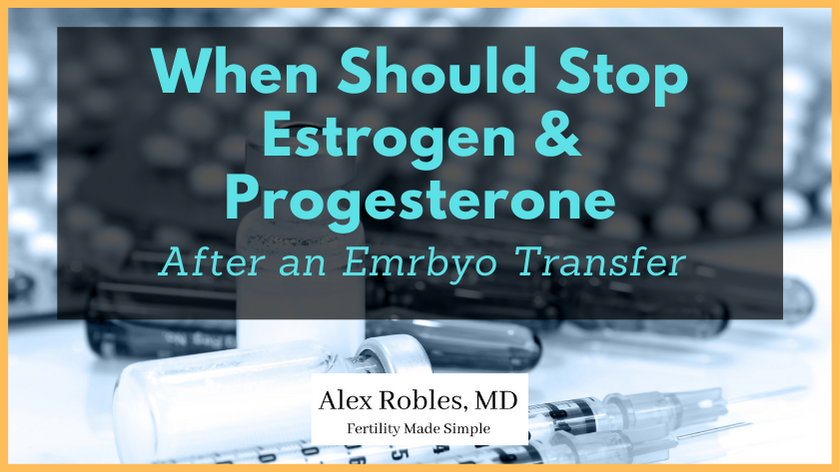
Your Step-by-Step Guide to Stopping Estrogen Safely
Ready to put this into action? Here’s a practical roadmap to stopping estrogen, whether you’re pregnant or not. Think of it as your personal checklist.
Step 1: Confirm Your Status
- Pregnant? Wait for that 8-10 week mark (or your doctor’s green light).
- Not pregnant? Stop within 1-2 days of a negative test—check with your clinic first.
Step 2: Talk to Your Doctor
- Ask: “Are my levels good? Can I taper?” Bring a list of any symptoms (like spotting or fatigue) to discuss.
- Bonus: Request a blood test if you’re unsure—seeing numbers can calm your nerves.
Step 3: Decide: Taper or Stop?
- Tapering: Cut your dose in half for 3-5 days, then stop. Example: If you’re on 4 mg daily, drop to 2 mg, then zero.
- Cold turkey: Stop fully if your doctor says it’s fine—most do this without issues.
Step 4: Watch Your Body
- Normal: Light spotting, mild cramps, or feeling “off” for a few days.
- Call your doc: Heavy bleeding, severe pain, or intense mood swings.
Step 5: Support Yourself
- Eat well (think protein and leafy greens), rest up, and lean on your people. You’ve been through a lot—be kind to yourself.
What Doctors Say: Real Advice from the Pros
I dug into what fertility experts are saying in 2025, and here’s the scoop from the front lines. These insights come from recent chats on X and studies hot off the press.
- Dr. Alex Robles, NYC Reproductive Endocrinologist: “Estrogen’s critical until the placenta’s ready—usually 8-10 weeks. Tapering can help if you’re anxious, but it’s not a must.” He’s big on personalizing it—your body, your rules.
- Trending on X: Some IVF patients swear by stopping at 6 weeks if levels are solid, citing less bloating and fewer meds. Docs are split—some say it’s fine, others stick to 10 weeks for safety.
- New data: A 2023 study in Fertility and Sterility found no difference in live birth rates between stopping at 8 vs. 12 weeks in FET cycles. Translation? Earlier might be just as good for some.
Takeaway? There’s wiggle room. Your doctor knows your case best, but don’t be shy about asking for options.
Poll Time: What’s Your Plan?
Here’s a quick vote to keep you engaged. Pick your vibe and see what others think:
- A) I’ll stop at 8 weeks—feels right.
- B) I’m tapering—I like the slow approach.
- C) I’ll wait ‘til 10-12 weeks—just to be safe.
- D) No clue yet—still figuring it out!
What’s your pick? Chat about it with your IVF buddy or drop it in your group chat. It’s cool to see where everyone lands.
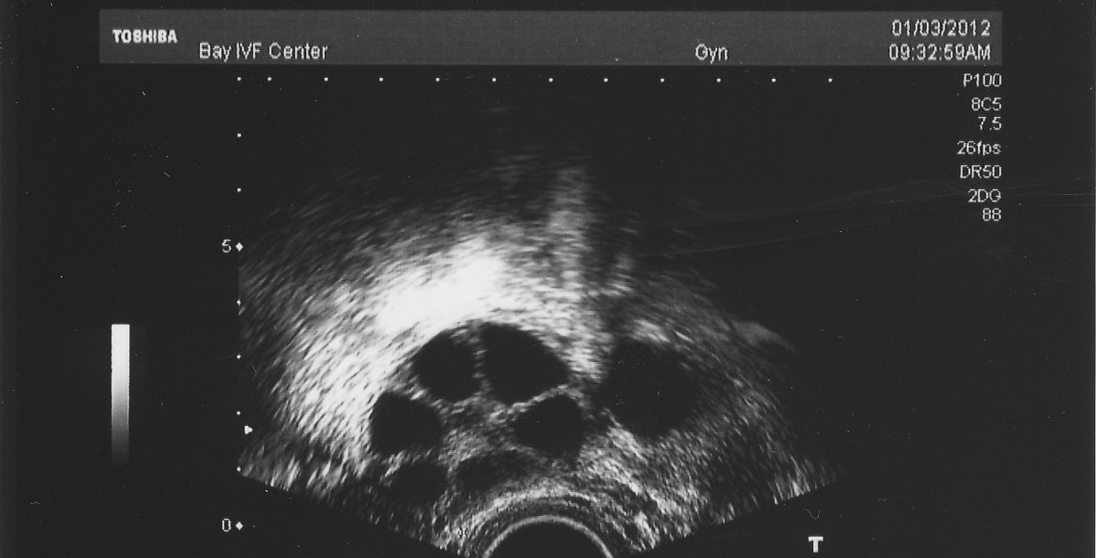
The Emotional Side: Coping with the Change
IVF is a physical marathon, but it’s an emotional one too. Stopping estrogen can stir up feelings—relief, fear, even sadness if the cycle didn’t work. Let’s talk about it.
If You’re Pregnant
You might feel a mix of joy and jitters. Stopping meds is a milestone—it means your body’s taking over! But it’s normal to worry: What if something goes wrong?
- Try this: Celebrate the shift with something small—buy a baby book, call a friend, or just breathe deep. You’re one step closer.
If It Didn’t Work
Stopping can feel like closing a chapter. It’s okay to grieve. Give yourself space—watch a cheesy movie, cry it out, or plan your next move when you’re ready.
- Heads-up: Your hormones might crash a bit, making you feel extra raw. A warm bath or a walk can help.
Bonus Tips: Making the Transition Smooth
Here are some under-the-radar tricks to ease off estrogen like a pro:
- Hydrate: Water flushes out excess hormones and keeps bloating at bay.
- Move a little: A gentle stretch or yoga can boost your mood and circulation.
- Track symptoms: Use an app or notebook to log how you feel—spotting trends helps you stay ahead.

Wrapping It Up: You’ve Got This
Deciding when to stop estrogen after IVF isn’t a solo mission—it’s a team effort with your doctor, your body, and a sprinkle of science. Whether you’re counting down to 8 weeks with a baby on board or hitting pause after a tough cycle, you’re in charge. Armed with this guide, you’ve got the facts, the steps, and a few new ideas to chew on—like tapering or tackling that mood dip.
You’re not just surviving IVF—you’re rocking it. So, take a deep breath, trust your gut, and keep asking questions. Your journey’s unique, and you deserve to feel good about every move you make. What’s your next step? Chat with your doc, sip some tea, and let this chapter unfold. You’re stronger than you know.

